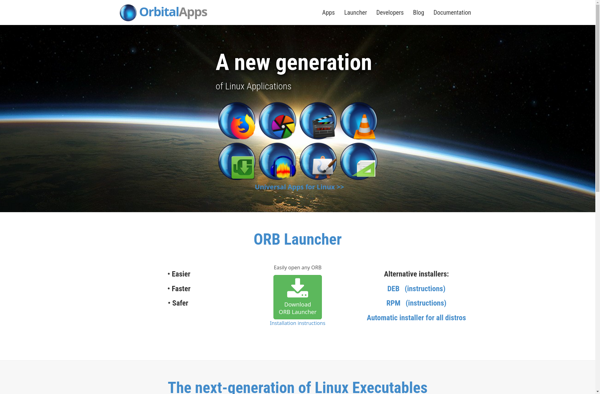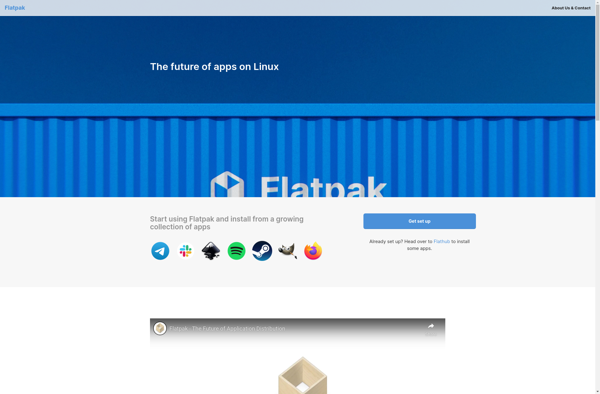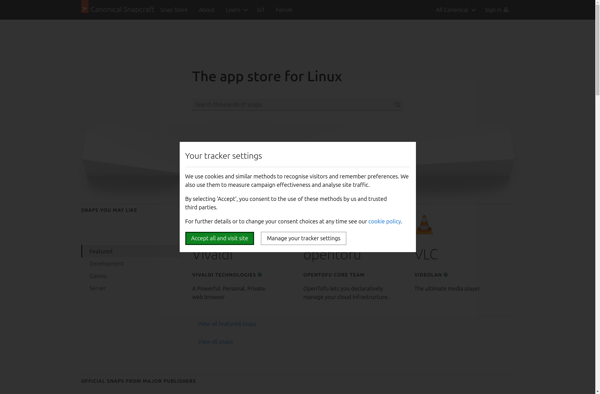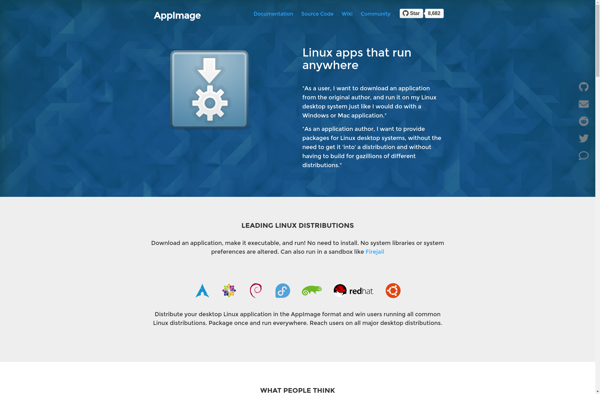Orbital Apps

Orbital Apps: No-Code Platform for Building Automated Solutions
Discover Orbital Apps, a software platform that lets you build, deploy, and scale apps without coding. Explore its visual interface for assembling integrations, logic, components, and data into flexible workflows.
What is Orbital Apps?
Orbital Apps is a no-code software platform designed to help users build, deploy and scale applications without needing to write any code. It features an intuitive visual interface that allows users to connect apps, data sources, AI tools, and automation components through pre-built connectors and templates.
Some key capabilities and benefits of Orbital Apps include:
- No-code environment - Users can build complete apps and workflows by connecting modular building blocks visually, without coding.
- 500+ pre-built connectors - Integrates seamlessly with popular software tools, clouds, and on-premise systems out of the box.
- Assembly AI and ML - Incorporate next-gen AI capabilities using simple configuration instead of data science.
- Built-in automation - Set up triggers, schedules, and sequences to automate repetitive workflows.
- Robust permissioning - Manage access and permissions at a granular level.
- Enterprise scale - Solutions built on Orbital Apps can be deployed and scaled across the enterprise thanks to enterprise-grade architecture, security and governance.
With an intuitive drag-and-drop builder for assembling connections, user-friendly automation tools, and robust enterprise support, Orbital Apps aims to make it possible for any user to build flexible solutions that streamline processes and scale data-driven decisions within an organization.
Orbital Apps Features
Features
- Visual interface to build apps without coding
- Pre-built components and integrations
- Workflow automation and integration
- Deploy apps to cloud platforms
- Scale apps without engineering
- Embedded analytics and monitoring
Pricing
- Freemium
- Subscription-Based
Pros
Cons
Official Links
Reviews & Ratings
Login to ReviewThe Best Orbital Apps Alternatives
Top Development and Low-Code Development Platforms and other similar apps like Orbital Apps
Flatpak

Snapcraft

AppImageKit
